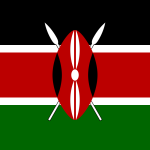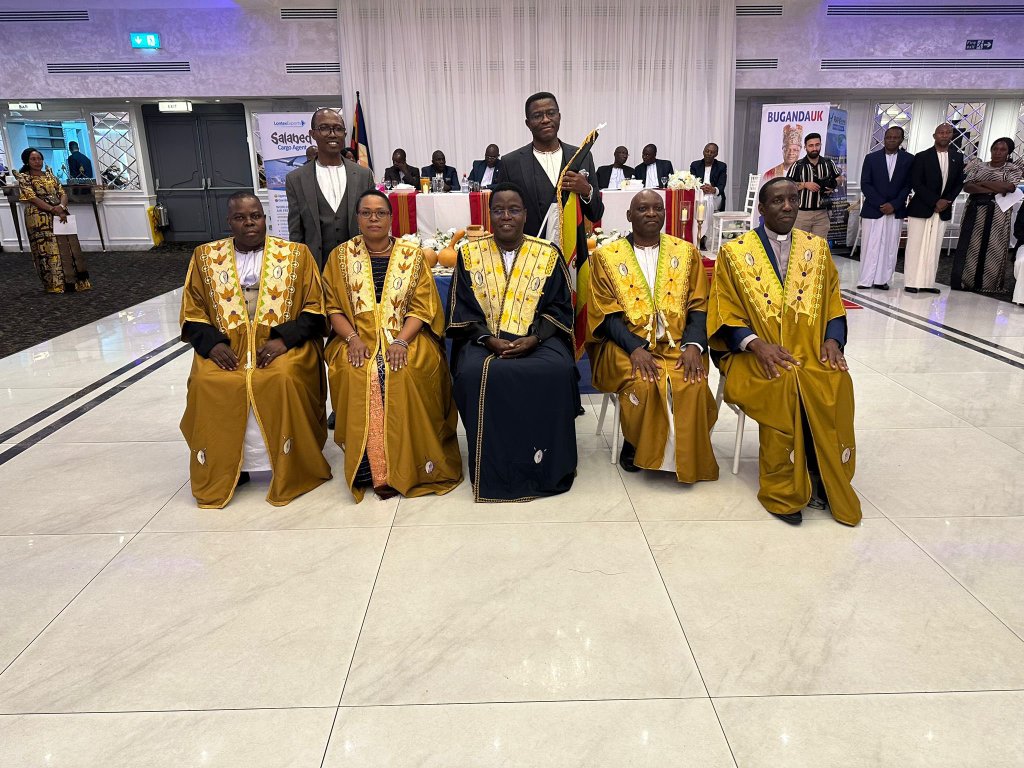In the realm of journalism, the question has arisen as to why the BBC refrains from referring to Hamas militants as terrorists. The reasoning behind this choice can be traced back to the core principles on which the BBC was founded.
The term ‘terrorism’ is laden with subjective judgments and is often used to characterize groups that individuals disapprove of morally. However, the BBC adheres to a different mission. The BBC does not see it as its role to dictate to the public whom to support or condemn, to distinguish between the good and the bad. Instead, its primary responsibility is to present the facts, allowing the audience to form their own opinions.
The BBC does acknowledge that the British and other governments have officially labeled Hamas as a terrorist organization. Moreover, the BBC airs interviews with guests and quotes contributors who describe Hamas as terrorists. The critical distinction is that the BBC refrains from making such statements in its own voice. Its purpose is to deliver information and permit the audience to draw their own conclusions.
In actuality, many individuals who have criticized the BBC for not using the term ‘terrorist’ have already formed their opinions based on the BBC’s reporting. The BBC does not conceal the truth; it simply refrains from employing a loaded term. Sensible individuals would naturally condemn the horrific events they have witnessed, and it is reasonable to describe these incidents as ‘atrocities.’
The intentional targeting and killing of civilians, including children and even babies, and attacks on innocent people at events such as music festivals are indefensible. During his five decades of reporting on Middle Eastern events, the author has personally witnessed the aftermath of such attacks in Israel and the repercussions of Israeli bombings and artillery strikes on civilian areas in Lebanon and Gaza. The trauma from these experiences lingers.
However, this does not imply that the BBC should categorize the organization responsible for these actions as a terrorist group. Doing so would mean compromising its commitment to impartiality.
This approach has been consistent at the BBC for decades. Even during World War Two, BBC broadcasters were explicitly instructed not to label the Nazis as ‘evil’ or ‘wicked,’ although they were referred to as ‘the enemy.’ A document from the BBC emphasized maintaining a calm and collected tone, prohibiting any form of ranting.
While the BBC faced significant pressure from the government during the IRA’s bombings in Britain, they persisted in their neutrality. This principle has endured through the years, and the BBC remains steadfast in its commitment to impartiality.
The BBC refrains from taking sides, avoiding the use of emotionally charged terms like ‘evil’ or ‘cowardly,’ and refraining from labeling groups as ‘terrorists.’ This policy is not unique to the BBC; several of the world’s most respected news organizations follow the same path.
However, the BBC attracts particular scrutiny, primarily due to its strong political and media critics, but also because it is held to an exceptionally high standard. To maintain this standard, the BBC strives to be as objective as possible, providing news that is watched, read, and listened to by countless people in Britain and around the world each day.




















